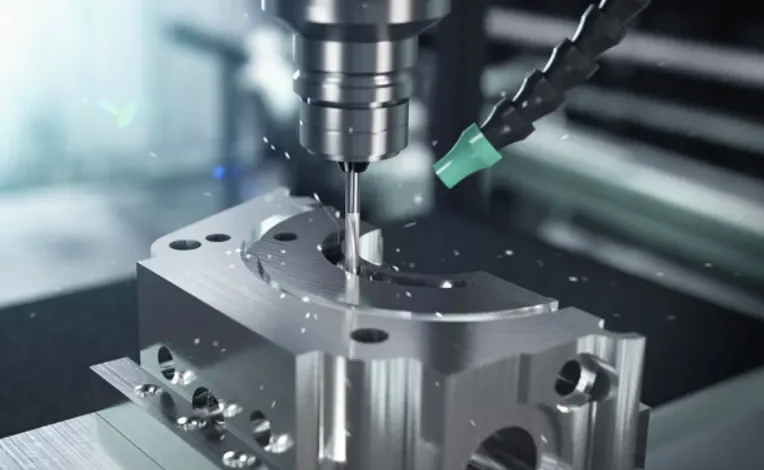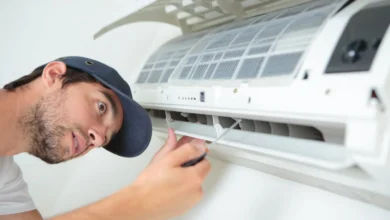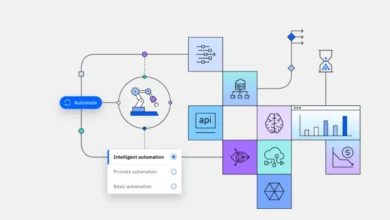Crafting Precision: How Advanced Machining Tools Shape Our World

In today’s era, where precision and efficiency are paramount, advanced machining tools are the pivotal elements driving manufacturing innovation. These sophisticated tools, developed by leading machining manufacturers, are irreplaceable. They provide the exact components necessary for assembling intricate machinery and devices, ensuring the highest levels of accuracy and quality.
This blog post aims to explore the transformative impact of high-precision machining tools and techniques across various industries.
Contents
The Role of Modern Machining in Manufacturing
Machining manufacturers form the core of the manufacturing sector, employing advanced methods to produce the exact parts required across various industries, from automotive to aerospace. With techniques like CNC (Computer Numerical Control) machining, they achieve the production of components with exceptionally close tolerances, guaranteeing outputs of superior quality while minimizing waste.
Precision and Versatility:
- CNC Machining: This process uses computer-controlled machine tools that can create parts with complex shapes that would otherwise be impossible to manufacture with manual equipment.
- Laser Cutting and Engraving: Advanced lasers provide high precision in cutting and engraving, ideal for creating intricate designs on a variety of materials.
- EDM (Electrical Discharge Machining): This method uses electrical sparks to mold workpieces into desired shapes, crucial for materials that are difficult to machine using traditional techniques.
Impact of High-Precision Tools on Industry
The introduction of high-precision machining tools has had a profound impact on many industries:
- Aerospace: Where every micron matters, precision machining manufactures critical components that meet strict regulatory standards.
- Medical Devices: High-precision tools produce intricate parts for medical devices, which require absolute accuracy for proper functionality.
- Automotive: Enhanced machining techniques have led to better performance parts, contributing to the overall safety and efficiency of vehicles.
Challenges in Precision Manufacturing
Despite its many benefits, precision manufacturing faces several challenges that machining manufacturers must address to ensure continued success:
- Material Wastage: Minimizing waste while ensuring quality is a significant challenge in precision machining.
- Cost Management: Advanced machining processes can be costly due to the high price of equipment and maintenance.
- Skilled Labor: There is a constant need for skilled technicians who can operate these advanced machines effectively and efficiently.
Future Trends in Machining Manufacturing
The future of machining manufacturing looks promising with ongoing advances in technology and process improvements:
- Automation and Robotics: More machining manufacturers are incorporating automation and robotics to increase production efficiency and reduce labor costs.
- 3D Printing: This technology is starting to be used alongside traditional machining to reduce costs and increase production speed.
- Smart Manufacturing: The use of AI and IoT technology in machining operations can lead to smarter, more efficient production processes.
Sustainability Practices in Machining
As environmental concerns become more pressing, machining manufacturers are adopting more sustainable practices:
- Recycling Materials: Many manufacturers now recycle metal scraps and other materials to reduce waste.
- Energy Efficiency: New machines are often more energy-efficient, reducing the carbon footprint of manufacturing processes.
- Green Technologies: Some advanced manufacturers are exploring renewable energy sources to power their operations, further reducing environmental impact.
Conclusion
Machining manufacturers are at the heart of today’s manufacturing landscape, offering essential tools and technology for crafting high-quality, precise products. As the industry progresses, these manufacturers must navigate emerging challenges and seize new opportunities. Embracing innovation and adopting sustainable practices will be key to their continued success and will play a crucial role in shaping the future of manufacturing. In the realm of modern manufacturing, precision, and innovation are intertwined, making machining an essential component of industrial achievement.



